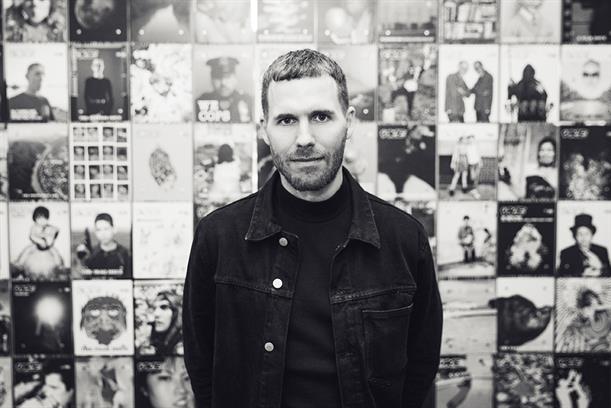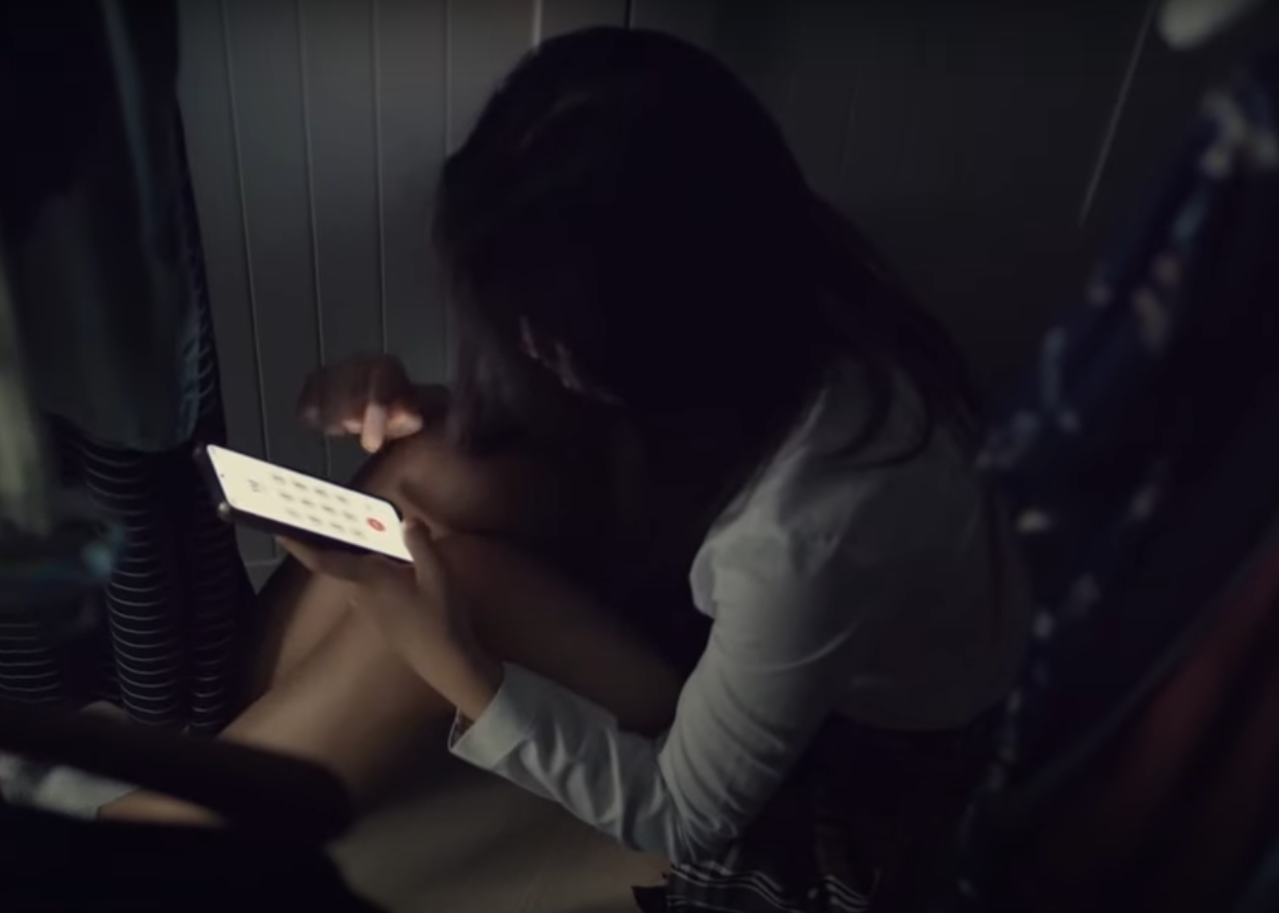In the discussion around the metaverse, there’s an underlying tension between blockchain evangelists and old-school creatives concerned that blind hype will displace capital 'I' ideas.
We’re not worried, because we’ve been here before. The same discussion raged when digital stumbled onto the scene — and when TV threatened print.
But if you believe (like we do at Virtue Futures) that some shape of what we now call the metaverse is here to stay, then it will have to go through the same process from naive novelty to cynical conformity as every technology before it.
Novel execution or real idea?
When Edward James Muggeridge created the moving image in 1878, humanity collectively lost their shit in awe of the technological wonder. The big idea: Twelve frames of a horse galloping.
When social media emerged, we were all content to view images of each other's breakfast. And with the metaverse, we’re seeing brands headlessly copying the same few executions — the branded NFT, the pseudo-crypto currency, the metaverse storefront.
This is the naive phase, where the sheer mention of the technology can easily be mistaken for an idea. Admittedly, not very satisfying from a creative viewpoint. But soon enough, the novelty will subside, the metaverse will get boring — and then it’s our job to make it exciting again.
Boredom and breakthrough
Only when we're over our infatuation with a new medium can we start playing around with it. This exploratory phase is where the real creative opportunity lies — for those who can figure out the new medium's role in culture.
Consider how the creative revolution of the 50s and 60s coincided with television shifting from technological marvel to everyday appliance (TVs went from being present in 2% of American households to 70% during the 1950’s).
Boredom swiftly followed. And our industry answered by making TV ads interesting again; by making a spectacle of ultra-simple, singular messages that thrived in the monoculture created by broadcasting.
For the metaverse to enter this next phase, creatives must lose their starry-eyed naivety (and fast, because consumers will soon lose theirs). And rather than copy what worked in TV’s monoculture, figure out how to play ball in a ground-up cultural context where tokenholders have the power to vote your work out of existence.
Once we’ve figured something out, it’s over
Certainty kills creativity. And eventually, any medium will be so thoroughly figured out that we get to the cynical phase; where creativity is crowded out by proven (if unbearable) formulas for capturing attention with the lowest possible effort. Clickbait hell, if you will.
This optimisation endgame is what brings us reality TV, MLM (multi-level marketing) pitch mails, and those weird made-to-go-viral rage pieces on Facebook (aka boomerbait). Luckily, new mediums will arrive to shake us out of the rut and make us all beginners again.
And for now, that new thing is the Metaverse.
Forget about the hype — it’s all about the long game.
The real promise of the metaverse isn’t just novelty. It is that any new medium breeds new forms of culture —and the metaverse is the chance to create work at its bleeding edge.
But culture work is an inside job. Like any subculture, outsiders oblivious to codes and customs are viewed with suspicion at best. So if you decide to jump in, prepare to go deep.
And culture never moves in straight lines, so expect a few bumps along the way; the metaverse is a collective work-in-progress. Exploring it will require an appetite for learning, an open mind, and a willingness to get your hands dirty.
The reward isn’t just making your output innovative and relevant, but taking part in shaping what the metaverse (and the next chapter of media culture) can become.
Brands and agencies can be part of that exploration, or they can wait until it’s done. But it’s happening, whether they like it or not.
Morten Grubak is the global executive creative director at Virtue Futures









